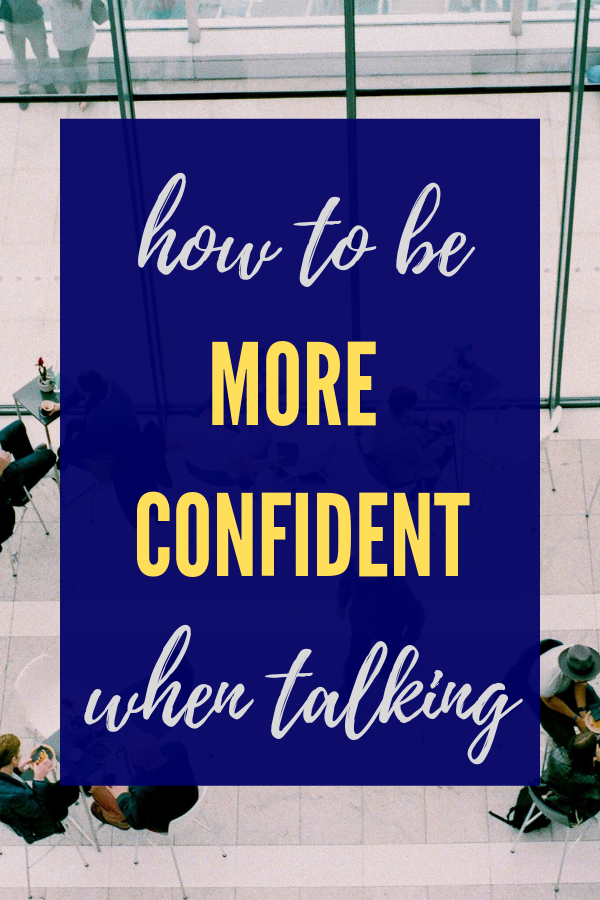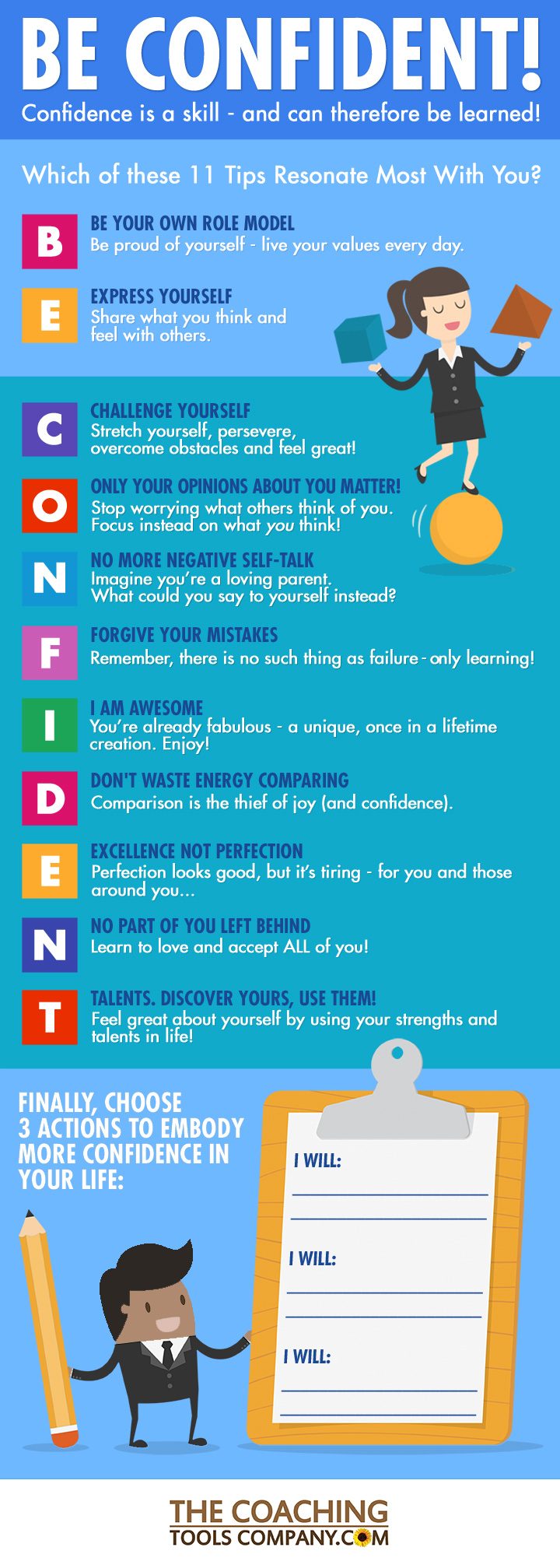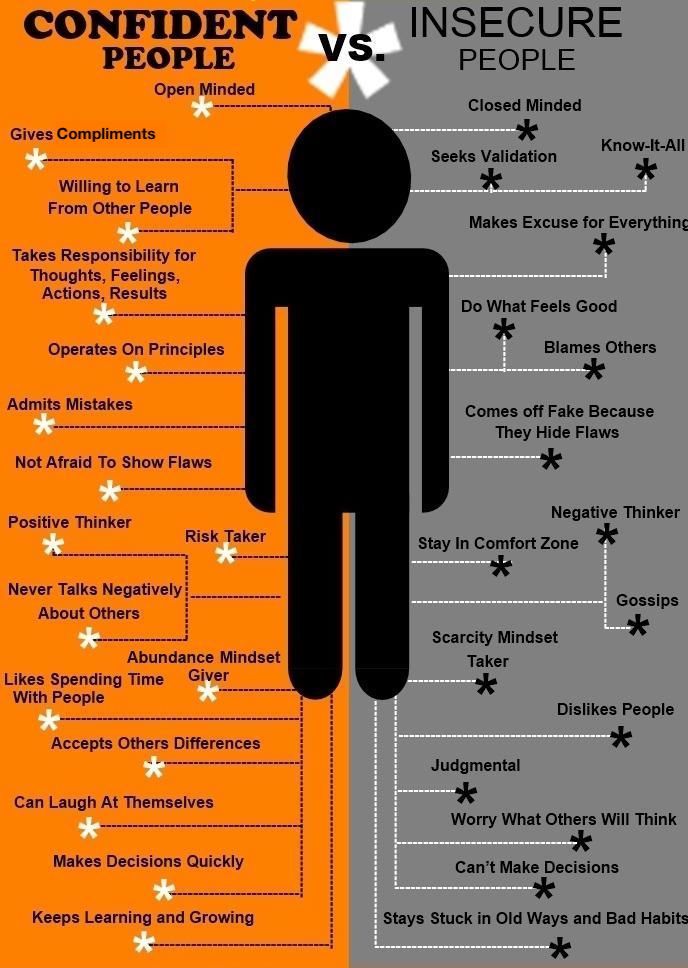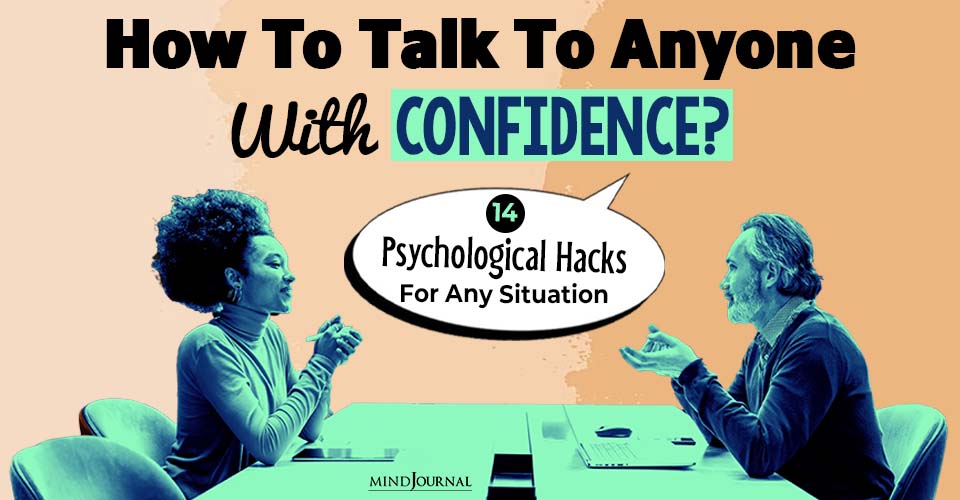How To Be More Confident In Talking

Imagine standing on the precipice of an idea, a thought bubbling within you, eager to be shared. But then, a familiar wave of apprehension washes over. Your palms sweat, your throat tightens, and the words, once so clear, become a jumbled mess in your mind. You retreat, silencing your voice, missing an opportunity for connection and growth.
This scenario, unfortunately, is common. Learning how to be confident when talking to others is an essential skill that can change lives for the better. This article offers actionable strategies to boost your conversational confidence, allowing you to express yourself authentically and build stronger relationships.
Understanding the Roots of Hesitation
Why do we sometimes struggle to speak up? The reasons are varied and often deeply personal. For some, it stems from past experiences, perhaps a childhood where their voice was silenced or dismissed. A recent study by the National Communication Association highlights the impact of early communication experiences on adult communication patterns.
Others may grapple with social anxiety, a persistent fear of judgment or negative evaluation. This anxiety can manifest physically, leading to rapid heartbeat, sweating, and difficulty concentrating. Perfectionism can also play a role, driving individuals to overthink every word and fear making mistakes.
Building a Foundation of Self-Acceptance
Before diving into specific techniques, it's crucial to cultivate self-compassion. Treat yourself with the same kindness and understanding you would offer a friend. Recognize that everyone makes mistakes, and that imperfections are part of what makes us human.
Self-acceptance is the bedrock of confidence. When you accept yourself, flaws and all, you are less likely to fear the judgment of others. This inner peace allows you to speak more freely and authentically.
Practical Strategies for Confident Communication
Preparation is Key
Walking into a conversation unprepared can amplify anxiety. Take a few moments to gather your thoughts and consider what you want to communicate. If you are attending a meeting, review the agenda beforehand. If you are meeting someone new, research their background or interests.
Having a mental framework can provide a sense of control and reduce the fear of the unknown. Practice makes perfect. Role-playing conversations with a friend or family member can help you become more comfortable expressing your ideas.
Start Small and Build Momentum
Don't try to conquer your fears all at once. Begin with small, manageable steps. Start by speaking up in low-pressure environments, such as with close friends or family members. Practice making eye contact and speaking clearly, even if it feels uncomfortable at first.
As you gain confidence in these smaller settings, gradually expand your comfort zone. Join a book club or volunteer to speak at a local event. Every small victory builds momentum and reinforces your ability to communicate effectively.
Focus on Listening and Connecting
Confident communication isn't just about talking; it's also about listening. Active listening involves paying attention to what the other person is saying, asking clarifying questions, and demonstrating empathy. When you are genuinely engaged in the conversation, your anxiety tends to diminish.
Focusing on the other person shifts the attention away from your own insecurities. Genuine connection is a powerful antidote to self-doubt. Connecting with others can ease the pressure.
Embrace Imperfection
No one is perfect. Expect to make mistakes. Stumbling over your words or forgetting a point is perfectly normal. Instead of dwelling on these imperfections, learn to laugh them off and move on. Resilience is key.
Remember that authenticity is far more valuable than perfection. People are more likely to connect with someone who is genuine and relatable, even if they occasionally stumble over their words. Embrace your unique voice and perspective.
The Ripple Effect of Confident Communication
Confidence in conversation spills over into other areas of life. It can improve your relationships, boost your career prospects, and empower you to pursue your goals with greater conviction. As you become more comfortable expressing yourself, you will discover a newfound sense of agency and self-worth.
Learning to speak with confidence is not a destination, but a journey. It requires practice, patience, and a willingness to embrace vulnerability. By adopting these strategies, you can unlock your voice and unleash your full potential.
So, take a deep breath, believe in yourself, and step into the conversation. Your voice matters, and the world is waiting to hear what you have to say. With each interaction, you will grow stronger, more confident, and more connected to the world around you.


















